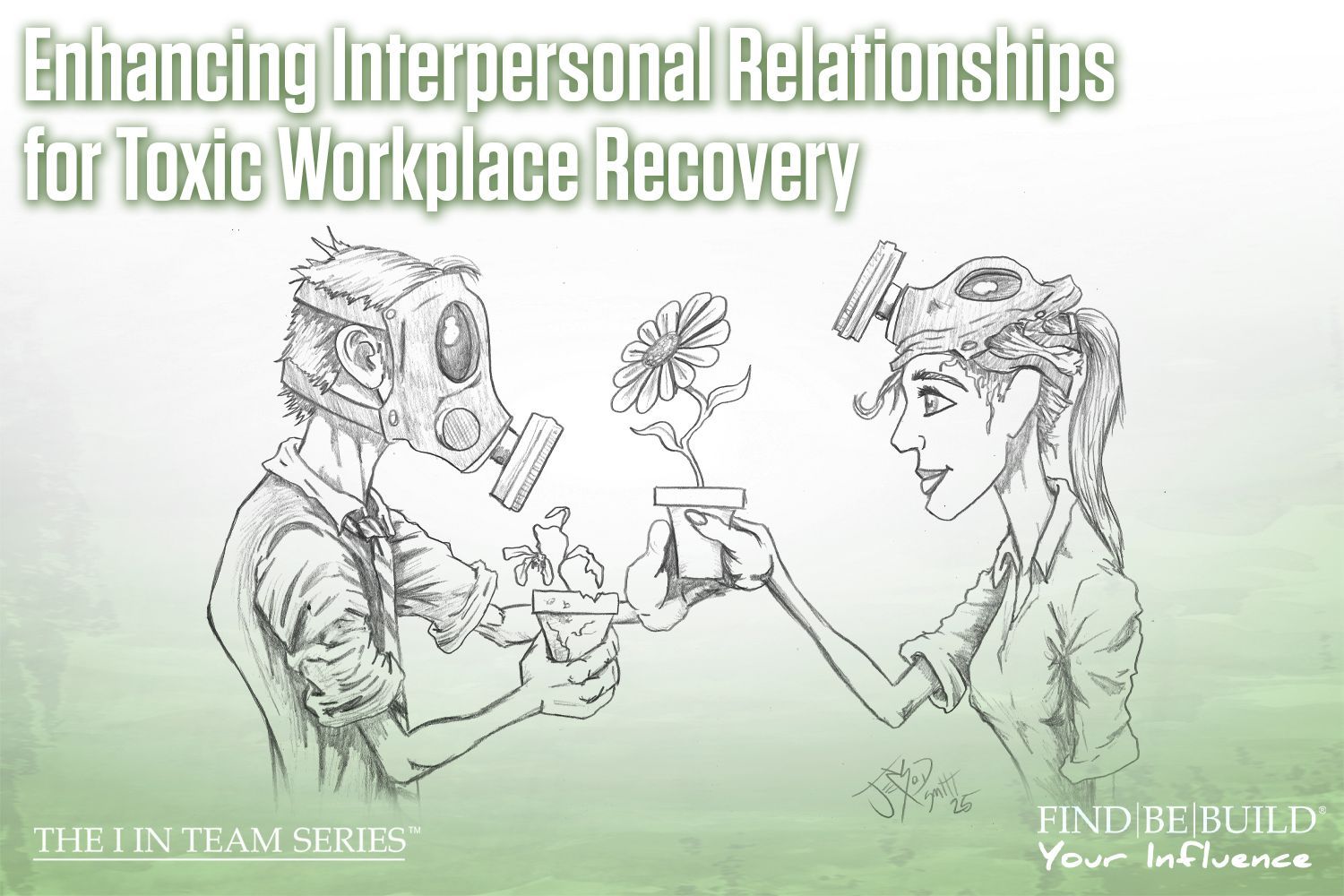5 Essential Reasons to Evaluate Your Team’s Performance

Team performance evaluation
It was the warmest day in February I can remember. I decided to brave the elements without a jacket (so far, I’m not sick!) and meet a good friend who happens to be a successful business owner of a local thriving service firm. After I showed him dozens of pictures of my adorable two year old (yes, one was of her favorite “super awesome” shirt), I asked him what he contributed his success to. I was expecting some sage advice so I had my pen ready. Maybe he would tell me something like, “I hired a bunch of really smart people and let them make magic” or, “I read a bunch of books on leadership and follow their advice everyday” or even, “I just do a really good job of marketing”. He didn’t say any of these things. Instead, he gave his number one rule for building a sustainable business. He said, “If you want to build a truly sustainable company, one that operates like a well oiled machine even when you’re not there, then you need to do this one thing.”
He said, “You have to constantly be evaluating your team’s performance.” I asked if it was truly that easy and he responded, “Well, not exactly. Because, before you can hold your team to a level high level of performance, you have to be very clear about what you consider excellence.” You see, it wasn’t until he was tired of years of mediocre results and long hours at the office (for fear of his team slacking off if he left), that he realized this cycle wasn’t working. He shared that he felt like, “If I’m not at the office, my team doesn’t perform well.” What he was alluding to was that evaluating your team’s performance is not necessarily focusing on the results alone, but determining if the activities and execution of the process were performed with excellence. Aside from the ethics behind paying an employee a days’ wage for a days’ work, I quickly realized there are 5 essential reasons to evaluate your team’s performance:
Educating
Before the actual evaluation should begin, you need to educate your team on what you expect. This should be very specific because if it’s not, what you may find is that your level of excellence is not the same as your team’s level of excellence. No one likes surprises (at least no one I’ve met) and your evaluation shouldn’t be a surprise to your team. The educating piece should have these three components: What needs to be done? When does it need to be done by? And who is responsible for getting it done? If you haven’t helped educate your team on this, you could experience deflection, disengagement, or discouragement.
Earnings
Whether you pay your employees by the hour, commission only, or a set salary, you can rest assured that they want to earn money – and you should want them to! They may tell you they would do anything for you, but know this: they want to make a living. In fact, showing a staff member that they are earning profits (and possibly allowing them to share in the profits) is another reason for evaluating your team’s performance. If you want to build a team of people who aren’t worried about the bottom line, then you should probably skip this article entirely. However, if you’re like every business owner I’ve talked to over the past ten years, you care about the bottom line and you wish your staff did, too. Helping your team understand how they impact earnings is another essential reason to evaluate your team’s performance.
Engagement
Possibly one of the greatest buzz words over the past five years, engagement is another essential reason to evaluate your team’s performance. An engaged team is begging (although maybe not audibly) for evaluation. The key to keeping your team engaged starts with showing them how their role is an integral part of how the business operates. If their performance is not helping and you don’t address it, then their engagement will go down. If you want to build a sustainable business that can run smoothly without you being there every hour the lights are on, you need an engaged team. This starts with evaluating their performance.
Edification
Everyone may have different preferred ways of being rewarded for a job well done. Some may prefer commissions, bonuses, or additional financial rewards, while others may prefer recognition. Whether you decide to make an announcement to the entire staff, or leave a small thank you note, the goal should be to edify your employee. Let them know that you appreciate their hard work. This can also be done automatically. How can you automatically reward your employee for hard work? Give them a realistic benchmark, some expectation or specific way of measuring their performance so they know immediately if they have hit the mark or fell short. Then, help the employee to self discover what lead to their result.
Effectiveness
If you truly want to build a business, a money making machine that works even when you aren’t there, then you need an effective staff. Having clear expectations of work to be completed is the first step toward improving effectiveness. It is also another essential reason to evaluate your team’s performance. If you were to decide to take a two week vacation, how would your staff know if they are being effective? It’s up to you to have a measuring stick with which to show them if they are being as effective as they think they are. This exact measurement is different in every business and industry, but should be incorporated if you want to build a money making machine.
One of my favorite managers used a saying over and over again. He would say, “Trust but verify.” Even though this phrase was coined during Reagan’s presidency during the 80’s, what my manager meant was this: after you’ve given your team specific goals, trust your team to achieve them. Then, evaluate them to make sure they were done!
What are some other reasons you should evaluate your team’s performance? How have you seen this evaluation process impact your business?












